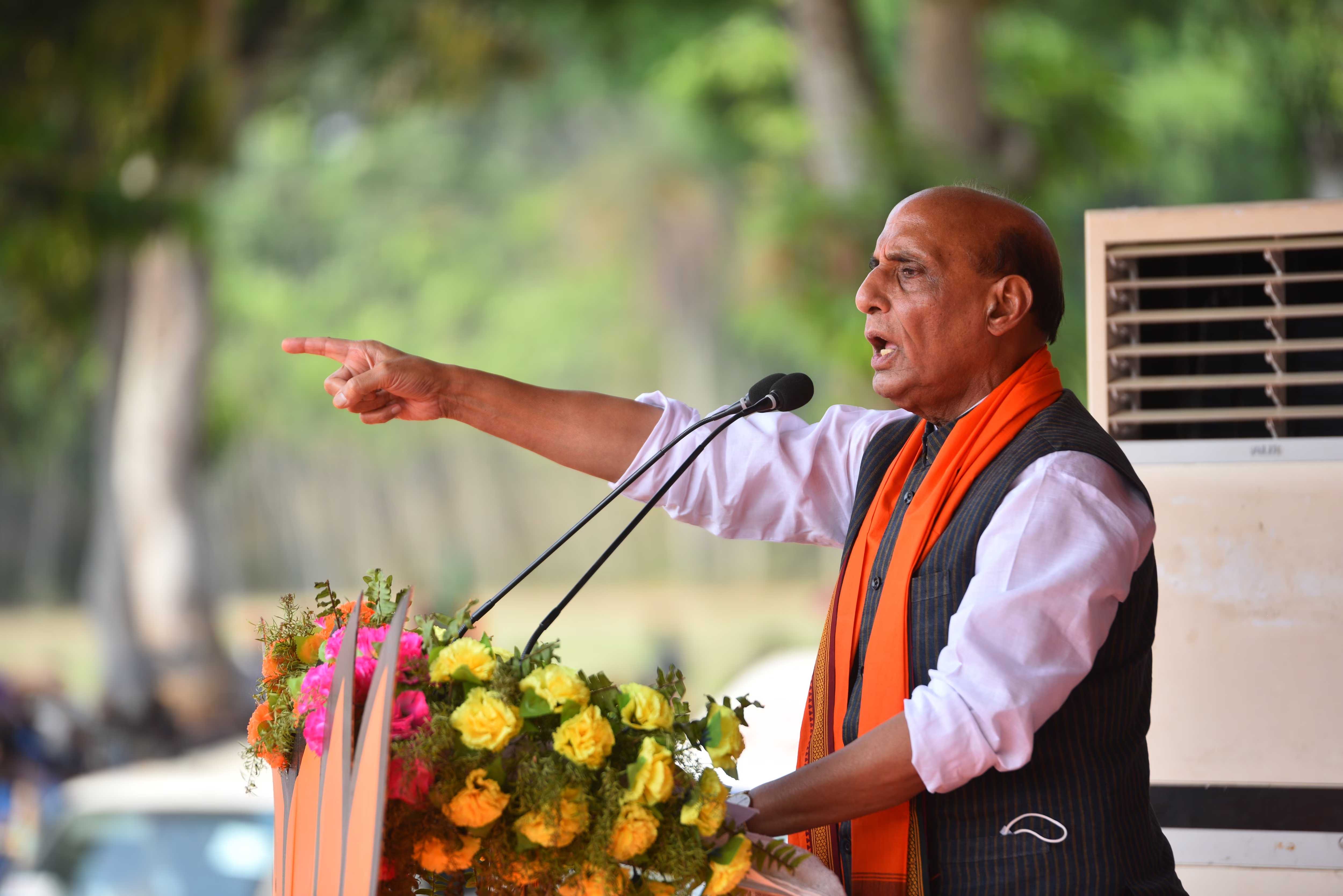
India’s Chenab Water Cut Deepens Indo-Pak Tensions
In a sharp escalation of regional hostilities, Pakistan has claimed that India has nearly choked the flow of the Chenab River by cutting off over 90% of its water. The allegation comes days after India announced the suspension of the Indus Waters Treaty, a critical water-sharing agreement between the two nations.
Chenab River Flow Dispute
Pakistan’s Indus River System Authority (IRSA) reported an abrupt and steep drop in water levels at the Marala headworks, a key water intake point in Punjab province. Authorities in Pakistan attribute this drop to India closing the gates of the Baglihar and Salal dams in Jammu and Kashmir, accusing New Delhi of deliberately triggering an artificial water crisis.
According to Pakistan, the flow of water at Marala has fallen from 35,000 cusecs to just 3,500 cusecs, endangering Kharif crop cultivation and drinking water supply across several regions. This reduction is viewed as a breach of historical water-sharing norms and a direct consequence of the broader diplomatic and military tensions that have flared up in the aftermath of the Pahalgam terror attack.
Indus Waters Treaty Suspension
India’s suspension of the Indus Waters Treaty, originally signed in 1960, marks a turning point in its strategic doctrine. Under the treaty, India had allowed unhindered water flow from the Chenab, Jhelum, and Indus rivers to Pakistan. With the agreement on hold, India now retains the discretion to control the flow of water for its own use or maintenance projects like reservoir flushing.
This move is part of India’s multi-pronged response to what it claims is Pakistan’s continued patronage of terror activities, most recently manifested in the Pahalgam massacre. The water suspension is being seen not just as a technical maneuver but as a powerful diplomatic lever aimed at forcing Islamabad to act against cross-border terror networks.
International Concerns and Diplomatic Fallout
The growing crisis has attracted global attention. The United Nations has urged both India and Pakistan to de-escalate and engage in dialogue. Meanwhile, international observers are warning of long-term consequences for South Asia’s already precarious water security.
Pakistan, on its part, has vowed to raise the issue at multilateral forums and is exploring legal options to contest India’s actions. However, experts believe that with the treaty suspended, Pakistan has little legal ground unless a broader diplomatic consensus is formed.
As the region stares at a potential water conflict layered over existing military tensions, the stakes are higher than ever. India’s move to assert its upper-riparian rights sends a clear message: water, once considered off-limits in bilateral hostilities, is now officially part of its strategic arsenal.


















